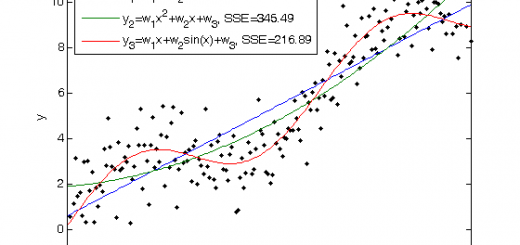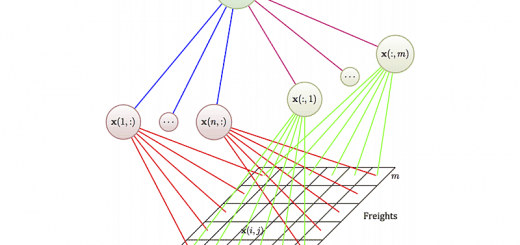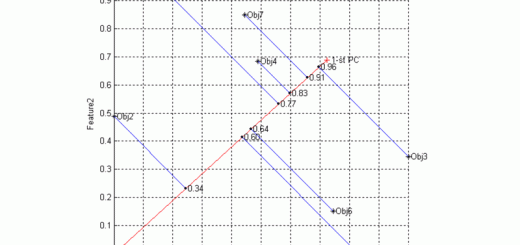What is Singular Value Decomposition?
In linear algebra, singular value decomposition (SVD) is a factorization of a real or complex matrix. It is a generalization of the eigendecomposition of a normal square matrix with an orthonormal eigenbasis to any m×n matrix. It is related to the polar decomposition. SVD has many applications in mathematics, physics, computer science, and engineering. In particular, it is used in:
- Data compression: SVD can be used to compress data by finding a low-rank approximation of the data matrix.
- Machine learning: SVD is used in machine learning algorithms such as principal component analysis (PCA) and dimensionality reduction.
- Signal processing: SVD is used in signal processing applications such as image compression and denoising.
- Computer vision: SVD is used in computer vision applications such as object recognition and tracking.
How does SVD work?
SVD decomposes matrix A into three matrices:
U: A unitary matrix
S: A diagonal matrix with non-negative real numbers on the diagonal
V: A unitary matrix
The SVD of A is written as follows:
Code snippet
A = U S V^T
, where U, S, and V are defined as follows:
U is a matrix whose columns are the left singular vectors of A.
S is a diagonal matrix whose diagonal elements are the singular values of A.
V is a matrix whose rows are the right singular vectors of A.
The singular values of A are the square roots of the eigenvalues of the matrix ATA or AAT.
What are the benefits of using SVD?
SVD has many benefits, including:
It can be used to compress data, reduce the dimensionality of data, find patterns in data, denoise data, and improve the accuracy of machine learning models.
What are some limitations of using SVD?
SVD has some limitations, including:
It can be computationally expensive to compute, sensitive to noise in data, and difficult to interpret the results.
Overall, SVD is a powerful tool that can be used in various applications. However, it is important to know its benefits and limitations.


